Ageism, whether subtle or blatant, is sadly still prevalent in our society — I’ve witnessed it first-hand (and I’m sure many of you have, as well).
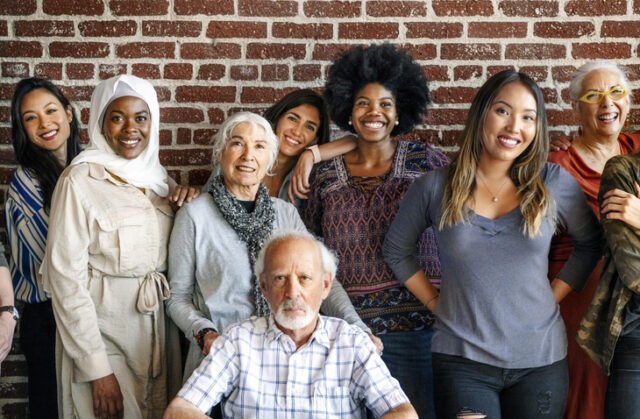
A lot of people don’t realise that even the most casual remarks that perpetuate stereotypes about age can be hurtful and disrespectful. There are some things that should just never be said if we want a more equal society.
1. It’s time to stop saying “You look good for your age.”

Saying this implies that looking good is somehow unexpected or surprising for someone of a certain age. It also reinforces the idea that ageing is synonymous with going downhill and that people should be judged based on how well they defy their age rather than who they are as people. Let’s celebrate people for looking good, period, regardless of their age.
2. People should avoid saying “You’re too old for that.”

Age shouldn’t be a barrier to pursuing passions, trying new things, or even just enjoying life. This is dismissive, and it limits people’s potential by subscribing to the idea that certain activities or experiences are off-limits based solely on age.
3. It’s not appropriate to say “Act your age.”

The belief that certain behaviours or interests are inappropriate for people of a certain age has been around for a long time, and it’s completely ridiculous. It perpetuates stereotypes and limits people’s freedom to express themselves authentically.
4. We should avoid saying “You can’t teach an old dog new tricks.”

This is extremely outdated, and it suggests that older people are resistant to change or learning new things. It’s simply not true. People of all ages are capable of growth, adaptation, and acquiring new skills.
5. It’s disrespectful to call someone “over the hill.”

This basically means that once you reach a certain age, your best days are behind you. It’s a negative and dismissive way to talk about ageing, reinforcing the idea that older people are no longer valuable or relevant.
6. It’s time to stop using the term “senior moment.”

Trivialising occasional forgetfulness, which can happen to people of any age, isn’t cool. It reinforces the stereotype that older people are inherently forgetful or mentally declining, and while that might be the case for some, it’s certainly not true across the board.
7. We should avoid saying “You’re not as young as you used to be.”

This is obvious and unnecessary. It serves no purpose other than to remind someone of their age and imply that they’re somehow diminished because of it.
8. It’s important to avoid infantilising older people by using terms like “sweetie” or “dear.”
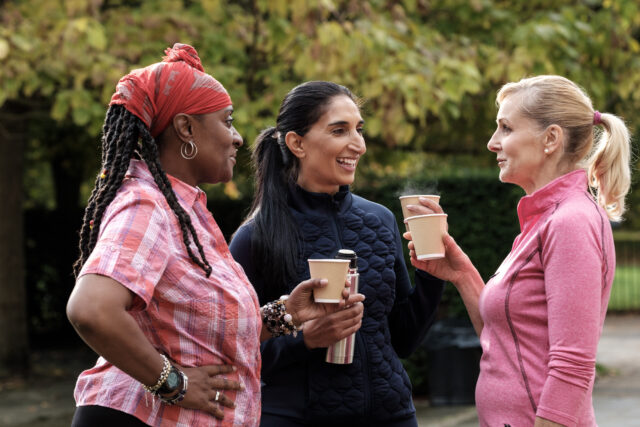
While these terms might be intended as endearing, they can also be patronising and demeaning to older adults. It’s important to address people with respect and avoid using language that diminishes their autonomy or dignity. Use their names or appropriate titles instead.
9. We should avoid assuming that older people are technologically challenged.

While some older adults might be less familiar with technology, many are regular users of computers, smartphones, and other devices, and their knowledge is bang up to date. Stop making assumptions about someone’s tech skills based on their age. Offer help if needed, but don’t assume incompetence.
10. It’s best not to make jokes about age-related health issues or physical limitations.

Ageing can come with health challenges and physical limitations, of course, but they’re nothing to laugh about. Making jokes about these issues can be insensitive and hurtful. Show empathy and understanding, and avoid making “jokes” at someone else’s expense.
11. It’s inappropriate to say “You’re too old to be wearing that.”
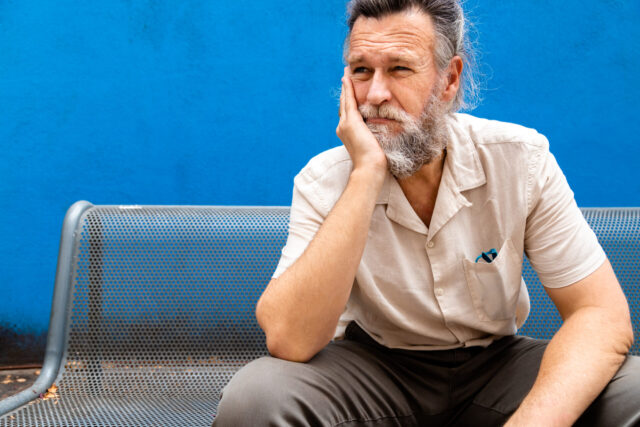
Fashion and personal style are not restricted by age. Let people express themselves through their clothing choices without judgement. Avoid making comments about someone’s attire based on their age.
12. It’s time to stop saying “You should slow down and take it easy.”

While it’s important to listen to your body and prioritise rest when needed, don’t assume that older people are automatically in need of slowing down or taking it easy. Many older adults lead active and fulfilling lives, and they should be encouraged to continue doing so as long as they’re able.
13. We should avoid saying “You’re lucky you’re still alive.”

While sometimes meant as a compliment, this can be unsettling and morbid. It implies that reaching a certain age is a matter of luck rather than a natural part of life. Celebrate longevity and avoid making comments that trivialise the ageing process.
14. It’s important to avoid assuming that all older people are lonely or isolated.
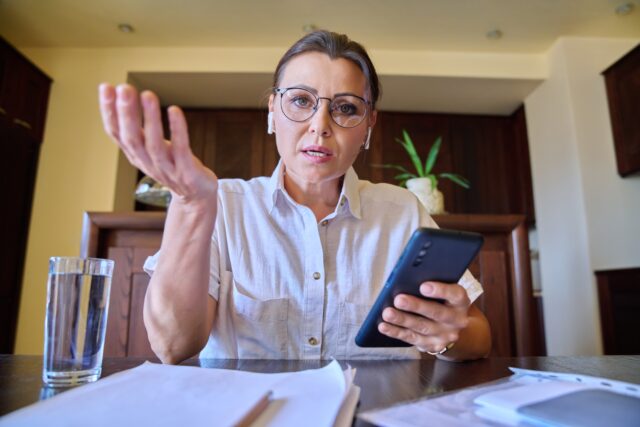
While loneliness can be a challenge for some older adults, many have rich social lives and strong connections with friends, family, and their communities. Avoid making assumptions about someone’s social life based on their age.
15. It’s best to refrain from talking down to older people or using a condescending tone.
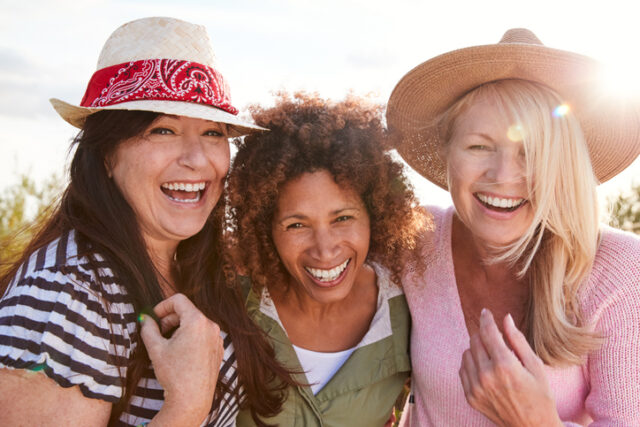
Treat older adults with the same respect and courtesy you would extend to anyone else. Avoid using a patronising tone or simplifying your language when speaking to them. Remember, they have a lifetime of experiences and knowledge to share.
16. We should avoid using the term “elderly” as a blanket descriptor for all older people.

The term “elderly” can be seen as demeaning and outdated. It’s better to use more specific and respectful terms, such as “older adults” or “seniors.” Everyone ages differently, and it’s important to avoid generalisations.




